The Book of Genesis is a book about beginnings. How the natural world began; the beginning of human culture, and the beginning of the people of Israel. In Genesis the origins of Israel – the people what would be later known as the ‘Jews’ – lie in a mystrious promise of God to a mesopotamian whose name is Abram.
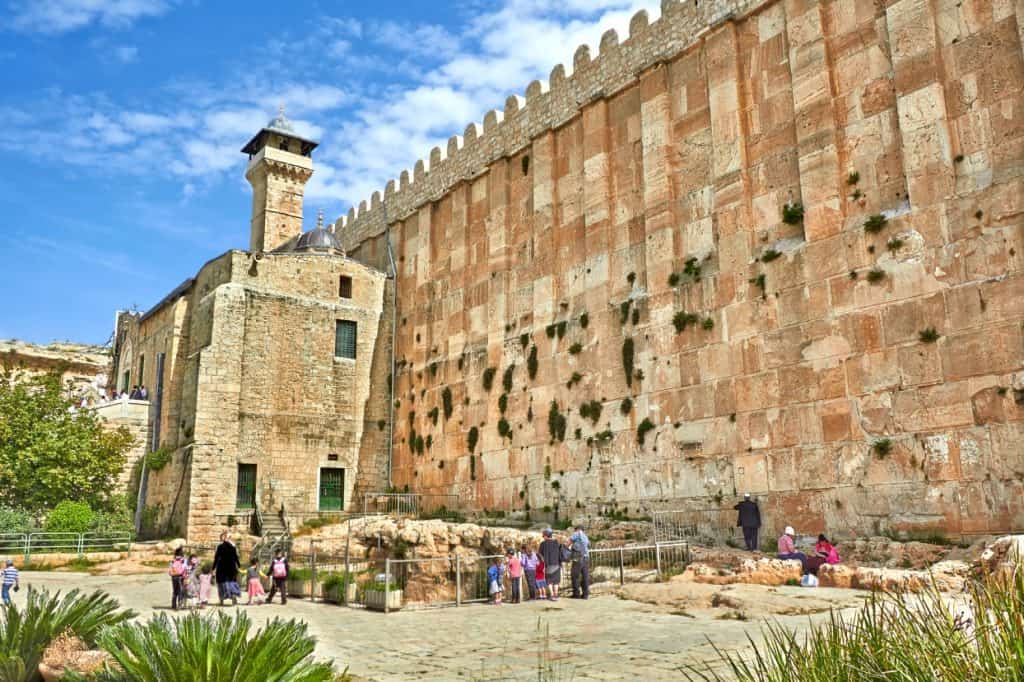
The Book of Genesis
The essence of the promise God gave to Abraham is that He will make of him a great nation; bless of abundantly, and grant him the land of Canaan. This promise faces one obstacle after another throughout the course of Genesis. Principally the barrenness of Abraham’s primary wife. But also other matriarchs in the next two generations. In addition, the murderous fraternal rivalry among his descendants poses an obstacle. And yet, by the end of Genesis, all the obstacles notwithstanding. The twelve tribes that consist of the nation of Israel have indeed come into existence. An Israelite effectively rules a superpower (Egypt). And the promise of the land is anything but forgotten.
The Golden Dome
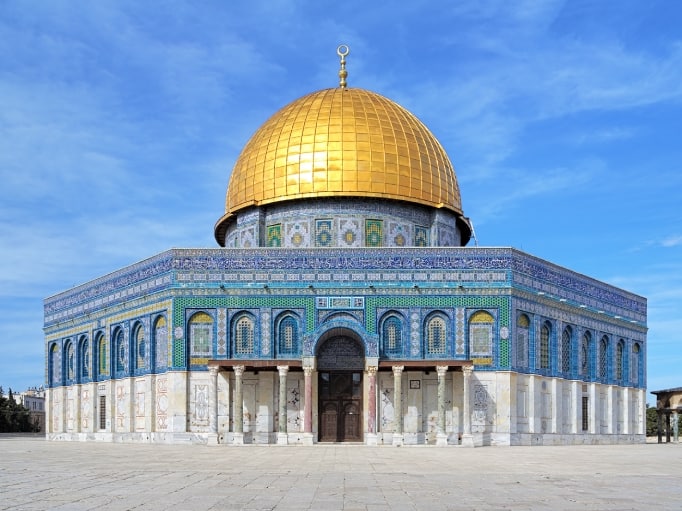
The Book of Genesis apart from its theology has profundity and deals with serious subjects. In addition, the vehicle through which Genesis conveys its worldview is using narrative. Its theology must be inferred from stories. Now the book is composed of four major sections: First, is the primeval story. Then are Abraham’s stories, followed by the stories of the Jacob cycle. Last are the story of Joseph.
The Primeval History
In the first section, the primeval history takes us from the creation of the world through the birth of Abram’s father. The episodes are short in length and strung together very loosely. In fact, they have connected only genealogies that identify the generation in which the actions take place. However, there is an overriding theme: The spread of human wickedness; the refusal of humankind to accept their creaturely status as they seek to blur the all-important boundaries between the human and the divine. And as a result, bring catastrophe upon themselves.
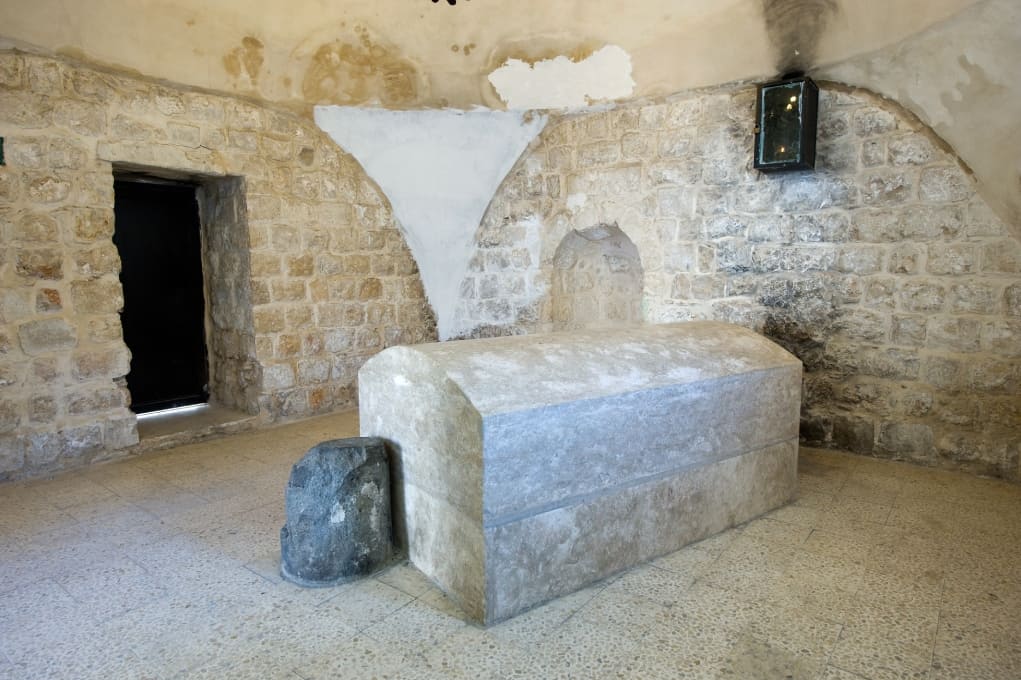
But what is for sure is the center of attention is God who is portrayed rather anthropomorphically and speaks directly and frequently to human beings. At times condemning, at times sparing, announcing His judgment or His merciful forbearance.
Mesopotamian Mythology Influences On the Book of Genesis
Mainly because the first section focuses on the creation, primeval history shows a number of connections with Mesopotamian mythology. For example, the account of creation with which Genesis opens has affinities with Enuma Elish, a Babylonian epic, which tells how one god, Marduk, attained supremacy over the others and created the world splitting his aquatic enemy in half.

Moreover, the story of Adam and Eve’s sin in the Garden of Eden displays similarities with Gilgamesh, an epic poem that tells how its hero lost the opportunity for immortality and came to terms with his humanity. Also, the story of Noah has strong ties with Atrahasis, a Mesopotamian story in which the gods send a flood to wipe out the human race, with the exception of one man from whom humankind begins afresh. But the difference is that in each case biblical narrator has adapted the Mesopotamian forerunner to Israelite theology. So while reading the book of Genesis, you will be able to find both deep continuities and striking points of discontinuity of biblical Israel with its Mesopotamian antecedents and contemporaries in the primeval history.
The Book of Genesis: The Story of Abraham
In the story of Abraham, the narrative has become more continuous. Abraham dominates almost every episode. As readers, we are seeing him in a wide variety of situations. We have a sense of his personality and of the human dimension of the events that God has mysteriously set into motion. Where God’s relationship with human beings in the primeval history is characterized mostly by judgment, expulsion, and exile. In the story of Abraham, the dominant notes are the contrasting ones of blessing and promise, especially the promise of the land.
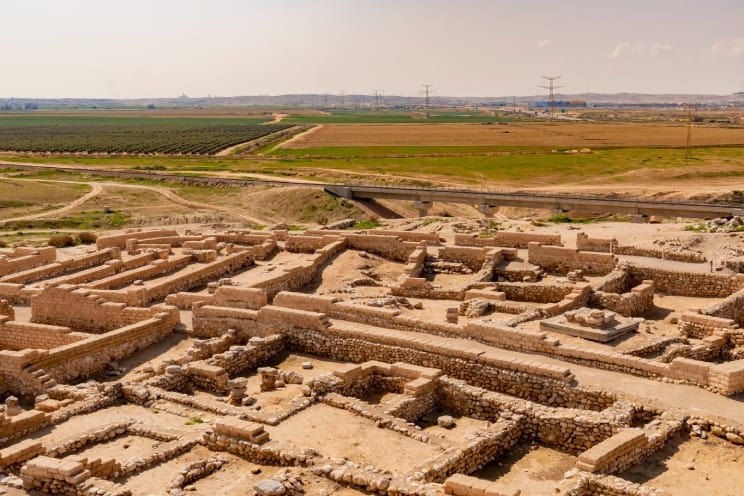
Unlike in the first section of the Book of Genesis God for the most part is less anthropomorphically than in the primeval history. The Lord accomplished this partly through palpable miracles and partly through His silent guidance of the course of human events.
As the story of Abraham unfolds, its human protagonist, despite some arguably serious lapses; gradually assumes the role of the ideal religious person. In other words, obedient to God’s commands, faithful even when the promise seems impossible, gracious, generous, and hospitable. Yet he is committed to justice and compassion. Even to the point of questioning God’s counsel.
The Book of Genesis: The Stories in the Jacob Cycle
The stories in the Jacob cycle are even more connected and less self-contained. Here we are entitled to speak not simply of a general theme but of a plot as well. In its broadest outlines, the plot has to do with how the second son acquires his older brother’s superior status and the attendant right to the Abrahamic promise.
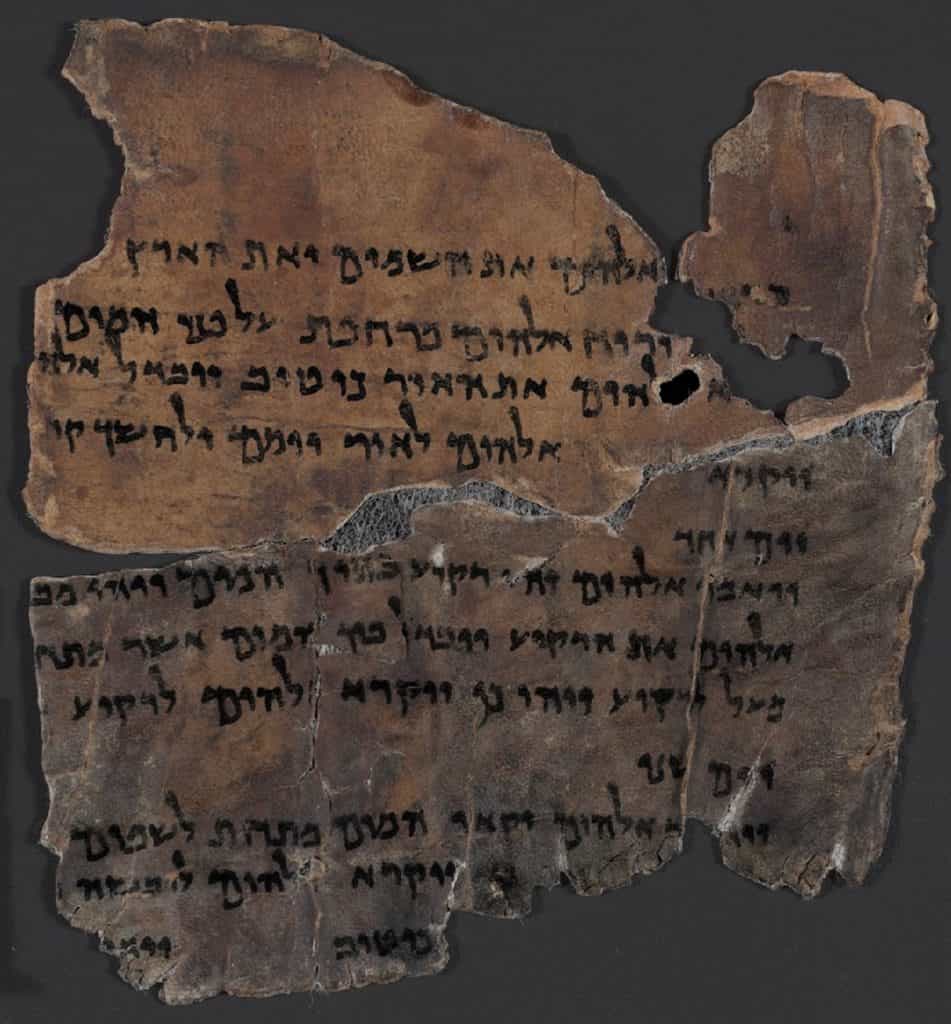
Yet he eventually reconciles with the brother he has wronged and emerges legitimately as the patriarch from whom the people of Israel take its name. Various types of trickery play a major role as this plot develops. In addition, the human dimension here is more central here than in the Abraham narrative.
The Stories of Joseph
The closing section of the Book of Genesis is the story of Joesph. This narrative represents a coherent and continuous story that has justly been termed a novella. Indeed it offers the deepest psychological portraits of and the most subtle and complex plot in Genesis. Truly the account of Joseph in the Bible makes up one of the gems of biblical prose narrative.
Now whereas in the first section of the Book of Genesis. In other words, in primeval history, God booms forth His pronouncements. In the last section, He does not speak at all! With the exception of one apparition to Jacob, while he is still in Canaan.
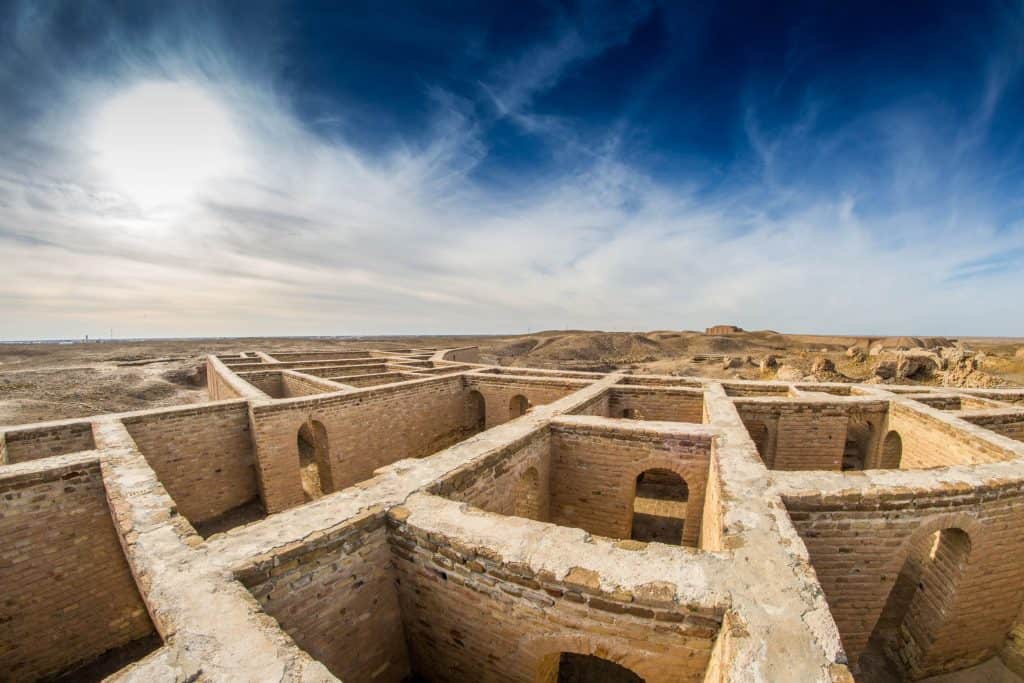
(Credit: Aziz1005 C.C B.Y 4.0)
Rather, God communicates through dreams and moreover, he communicates through people. Especially Joseph’s God-given wisdom to interpret dreams and administer them effectively. Here, even more than in the Jacob cycle, God works through the ambivalent and devious designs of flawed human beings, providentially bringing good out of human evil and arranging “the survival of many people”. This is including Joseph’s brothers who, seething with resentment, once plotted Joseph’s death and enslavement but now graciously accept subordination to the younger brother who saves their lives.







